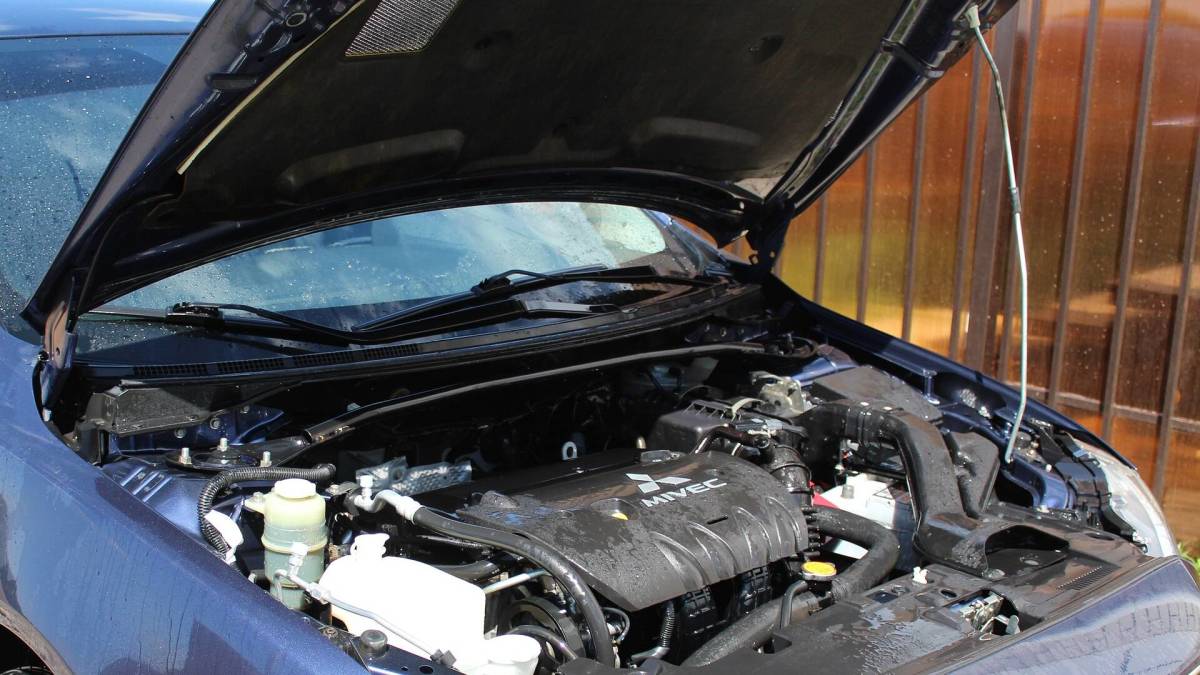
A traditional initial public offering comes with an enormous amount of regulatory scrutiny.
The Securities and Exchange Commission requires companies that sell stock to the public to undergo a detailed and rigorous process.
The IPO process provides time for both experts and laymen to do their investing homework.
It does not entirely stop people from bringing to market companies that are more hype than reality. But it does create a high bar that stops many bad ideas from raising money from a public that tends to get excited about the Next Big Thing, even when the business model is obviously flawed.
Related: Bankruptcy Watch: Struggling retailer's CEO blames lazy workers
An IPO is not, however, the only way a company can go public. In recent years, special purpose acquisition companies, known as SPACs or blank-check companies, have become a popular way to reach public markets.
SPACs are a sort of backdoor way to take a company public while avoiding the careful regulatory scrutiny of a standard IPO.
That's how Parts ID, an auto-parts company, reached the public markets in 2020. Now, under three years later, the debt-ridden company has filed for Chapter 11 bankruptcy.

Image source: Getty Images
Parts ID has filed Chapter 11 bankruptcy
Parts ID started with big goals. The company defines itself as "a technology-driven, digital commerce company focused on creating custom infrastructure and unique user experience within niche markets."
The company, which sells automotive parts to consumers, operates a number of websites including TruckID.com, CarID.com, and CamperID.com. All those sites offer a simple interface designed to help shoppers find what they need.
"Management believes that the company is a market leader and proven brand-builder, fueled by its commitment to delivering an engaging shopping experience; comprehensive, accurate, and varied product offerings; and continued digital commerce innovation," the company said in its most recent earnings filing.
In that report, the company showed about $18.7 million in assets against more than $55 million in liabilities. In its bankruptcy filing, Parts ID reported similar numbers.
The company has continued to operate, and its websites remain online and operational. As of 10:32 a.m. EST Dec. 27, Parts ID had not posted anything about the filing on its corporate and consumer-facing websites.
Parts ID posed significant risk: rating service
Even before the Chapter 11 filing, Rapid Ratings, a service that uses public data to track public companies' financial health, rated the company a "very high default risk." That rating was released on Dec. 16, 10 days before the Dec. 26 bankruptcy filing.
"A Core Health Score of 26 suggests low levels of efficiency and a performance which is not sustainable over the long term," Rapid Ratings reported on its website.
"Within the Resilience Indicators, we see significant weakness, and at this Core Health level, these Resilience Indicators are critical in determining default risk. Companies with this combination of Core Health and Resilience have a seriously troubling short- and medium-term outlook."
Parts ID has not commented on the Chapter 11 bankruptcy filing, but in its Q3 earnings release it outlined some cost-cutting efforts.
"During 2022, we took several measures to reduce operating costs, including reducing advertising expenses, general and administrative overhead, and capital expenditures," the company said.
"In June 2022, we took steps to reduce our costs by reducing our employment base in the United States, and reducing our independent contractors in Ukraine, the Philippines, and Costa Rica, and by reducing other operating expenses."
Parts ID saved some $12 million from these cuts.
The company also noted that Russia's invasion of Ukraine could hurt its operations.
"Our engineering and product data development team as well as back office and part of its customer service center are in Ukraine," Parts ID said. "Therefore, the conflict in Ukraine could have a material adverse effect on our business, financial condition, and results of operations.
"While the conflict has not caused significant disruptions to our operations to date, it could have a material adverse effect upon the company in future periods."
The company has not posted a turnaround plan in conjunction with the bankruptcy filing.
Unlock the secrets of the stock market with Real Money Pro. Gain direct access to elite portfolio managers' top stock picks and time-tested investment strategies. Embark on your journey to financial success — start now.







